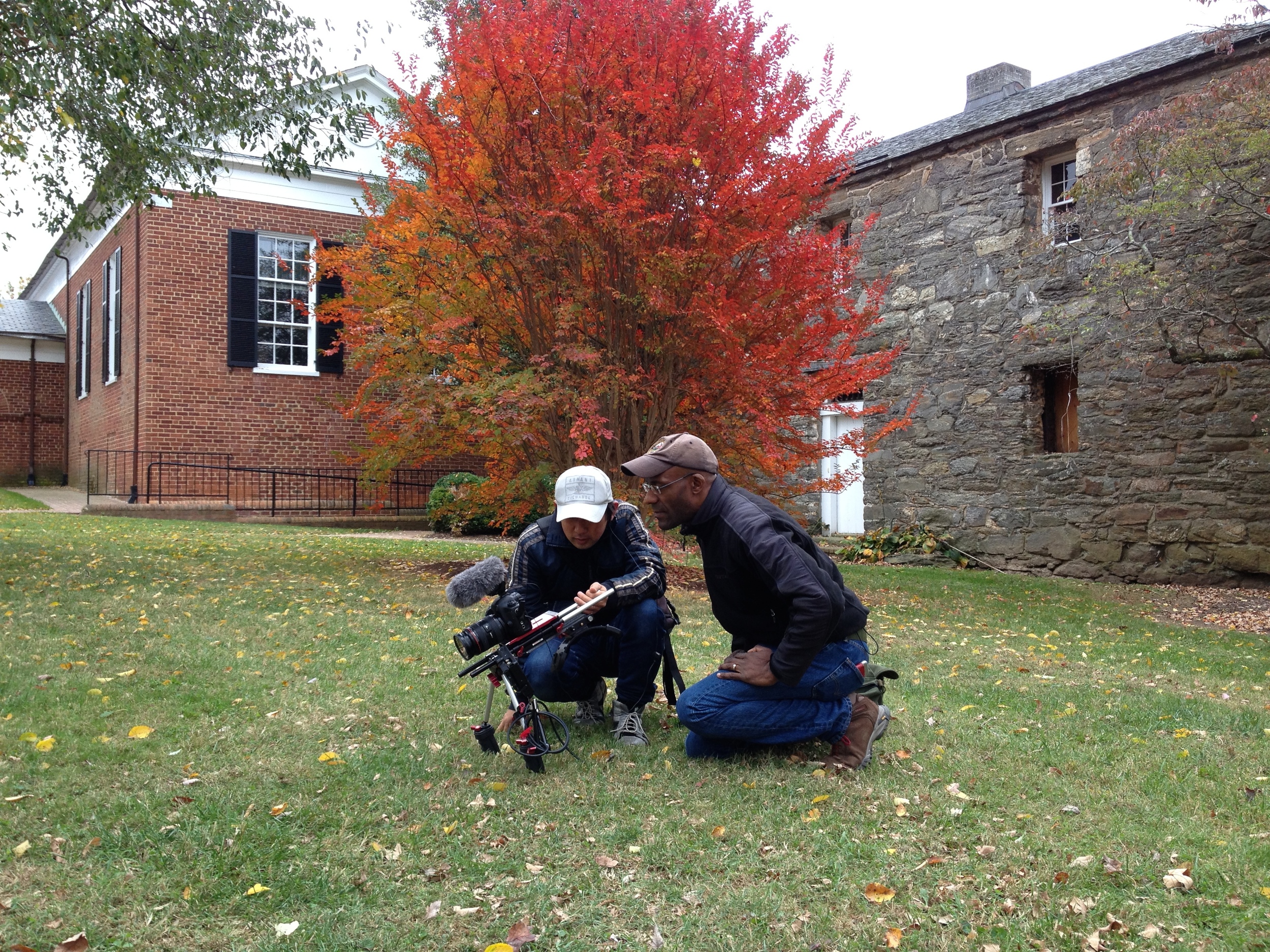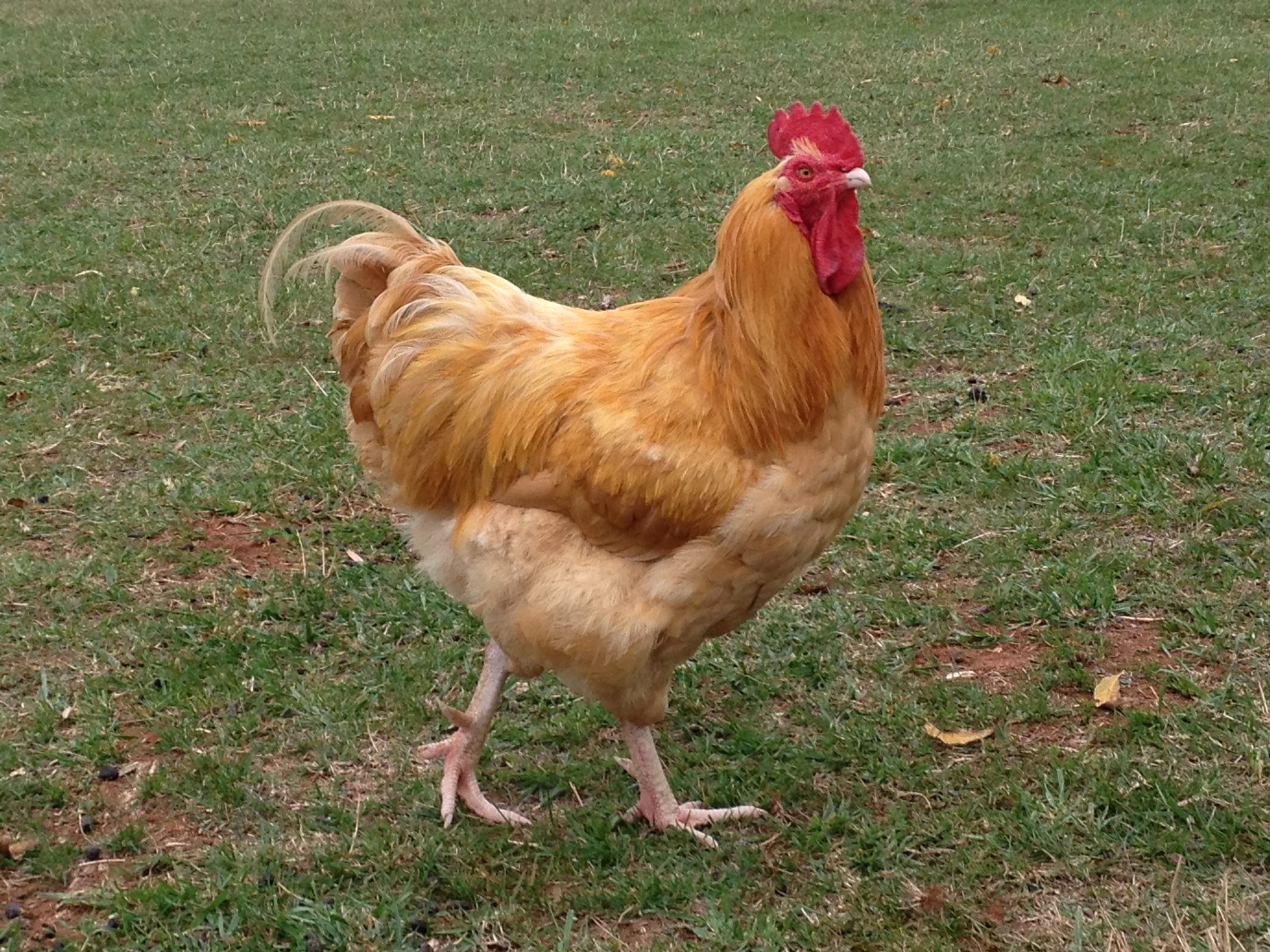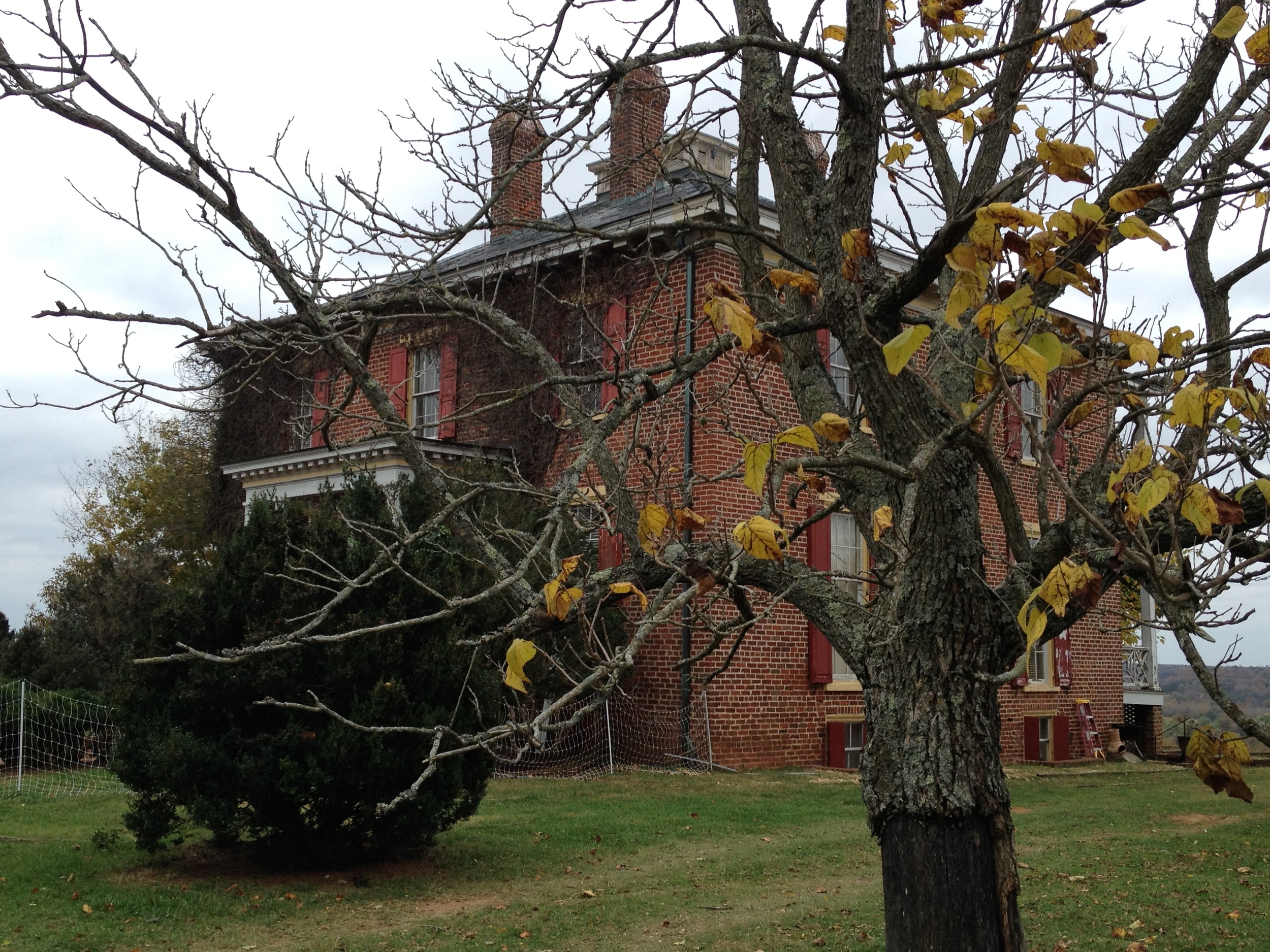The weather did not favor us on Saturday — it was cold, gray, and damp — but in a certain way that was fitting. We were visiting Snowden, in Goochland County, the erstwhile home of Brian's great-grandfather's last owner. I still haven't grown accustomed to using the word "owner" when describing one person's relationship to another, but such is the ugly reality of slavery — the perversity of it strikes you again and again.
Alexander Maben Hobson, a major in the Confederate Army, owned Mat Palmer, who somehow made his way from Snowden to Richmond (today, a journey of about an hour on I-64 and various winding county roads), where he enlisted in the Union Army toward the tail end of the Civil War. Mat would have been a young man at the time, somewhere in his early twenties, and given how much longer he lived (well into the 20th century), we can surmise that he was strong and fit. You would have had to be strong to withstand the backbreaking labor of the tobacco field. We have read that Maben Hobson was a "kind" master, but kindness went only so far in a slave economy.
Snowden sits at the top of a hill overlooking the rolling countryside, which on Saturday was a mottled green, gold, and red. To the south is the James River, hidden by a line of trees. The tobacco would have been planted in the fields along its banks, in the flat bottomland. It's there that Mat might have lived out his days had the South not seceded. He might also have been sold down the river, literally, or forced to walk hundreds of miles, chained to other men and women, to Georgia or Alabama or Mississippi. "From the 1790s to the 1860s, enslavers moved 1 million people from the old slave states to the new," historian Edward Baptist writes in The Half Has Never Been Told. "They went from making no cotton to speak of in 1790 to making almost 2 billion pounds of it in 1860." One million people. Two billion pounds of cotton.
Snowden's current owner has no connection to the Hobson family. His father, a Dutchman, bought the property in the 1970s, along with the neighboring plantation, Clover Forest, which was the family home of Maben Hobson's wife, Polly Pemberton (b. 1829). We have found little trace of her (though, admittedly, we haven't looked very hard). I did find myself wondering what she might have been like as we stood on the hill looking out over land her husband, and possibly she, had once owned. Even if she was inclined to be kind, how had she been shaped by the power she wielded over other people's lives? How did she respond to the loss of that power? Maben Hobson died before the end of the war (at Snowden, in fact, of some awful fever or another contracted in camp). Polly outlived him by more than 25 years. —EHP





